"I would teach children music, physics, and philosophy; but most importantly music, for the patterns in music and all the arts are the keys to learning." ~Plato
What is a Music Park and why do they rock? Musical parks and playgrounds are a new trend in musical expression, and they are beginning to take off. Several companies create outdoor musical instruments that are durable, sustainable, play real music, and can withstand the elements allowing them to be installed outside in parks, playgrounds, and public spaces. Some companies have even created their outdoor musical instruments with no wrong notes, allowing anyone to become an “instant expert” in making music! Think for a moment about Nature and how it constantly produces peaceful sounds; from bird and cricket songs to the rippling of a creek. As you think of these sounds you can feel yourself beginning to relax and breathe a little more deeply. What if you could co-create a symphony with the birds, the wind, and the water? How would it make you feel? Playing music outdoors in a natural setting is an exhilarating experience people do not forget. With music parks on the rise, we can create and listen to the serene sounds of outdoor musical instruments while combatting Nature Deficit Disorder (human beings, especially children, are spending less time outdoors resulting in a wide range of behavioral problems). Now that you know that music parks exist, let’s talk about why they rock.
Music is a global, artistic language that creates a community connection and a sense of belonging. Some studies suggest that music is older than language, and that speech may have even evolved from music. The primal power of music evokes emotions, memories, and images, taking the participant on a magical journey.
Listening to music can reduce stress, elevate your mood, improve sleep, and help you eat less! While listening to music is healthful and fun, playing music is even more beneficial. Since playing music encompasses listening, here are some of the added benefits a player receives:
- Playing music can increase the capacity of your memory, refine time management and organizational skills, and teach perseverance. Interacting with musical instruments tends to increase responsibility and discipline as well as creating a sense of achievement.
- Music is remarkable and affects our brain in many positive ways. It also helps to build reasoning skills and cognitive development. Research shows that children who are actively involved in music (meaning they regularly play or sing):
- Are more successful at reading.
- Learn goal-setting, concentration, cooperation, and coordination.
- Increase their test scores and are more likely to do better in math and science.
- Have higher self-esteem, are more likely to go to college and get along better with their peers.
Wow! That is a huge list of benefits to reap from doing something so fun! In addition, playing music actually promotes happiness in your life and in the lives of those around you. So who wouldn’t want to play music?
Most, if not everyone, wants to be a musician. The fact is, we all are musicians. Everyone is musical and can create powerful music and sounds that empower and inspire us to reveal our true creative self. Some people claim they do not have rhythm, but that simply is not true. We each embody incredible rhythms inside of us: our heartbeat, respiration, the flow of blood throughout our bodies, the vibrations of our breath, and vocal frequencies. In actuality, we are walking, talking musical instruments.
Providing public access to real musical instruments satisfies our human needs for connection to others and expression of our innate creativity. Playing music with others fosters deep listening, respect for ourselves and others as well as the instruments, a sense of belonging and a bond. As we co-create music we grasp a sense of joy, our focus and social engagement align without effort.
Humans are both creative and collaborative in nature so allowing everyone a chance to play music will result in a happier, more creative society that strengthens our capacity to build community.
With music programs continuing to be cut in our schools, we have a responsibility to find ways to enrich the lives of children and adults alike. By creating a culture where musical parks and musical playgrounds are universally created and sought out, rather than an exception, we cultivate opportunities for the whole community to engage, play and succeed.
Freenotes Harmony Park, an industry leader in outdoor musical instruments, is allowing everyone to play music by creating a global musical park movement.
Strike any note and pure tone fills the air creating an instantaneous response of joy. Making music is joyful and by way of their unique tuning, Freenotes make musical expression accessible to everyone. The instant gratification and total success that is achieved from the very first note builds self-confidence that spills over into many other areas of life. As an alternative form of playground play, musical play encourages creative self-expression and an active participation in life.
Musical play is multigenerational. Children, parents, and grandparents can all interact by playing music together. Children have a sense of wonderment and creating music allows them to use their imagination while creating patterns that produce sounds and musical notes. Parents and grandparents get to have fun with the kids while reconnecting with their inner child and making a wonderful bonding experience for all.
Creating parks that contain real musical instruments that are easy to play offers creative fun for beginners and experts alike. Outdoor musical instruments enhance public spaces and become socially interactive sound sculptures that capture the imagination. Are these Soundscapes the key to bringing music back into the lives of children and adults alike which encourages outdoor play for all?
With the continued downturn of music and arts programs, we need to take a moment to remember that many, if not all, indigenous cultures value music and group participation in that music. Music-making is a communal activity that is not placed on a pedestal for a select few but considered an open and essential activity for all to enjoy. It is a cultural paradigm that has been lost but not forgotten. We have an opportunity to instill in the members of our society the joy of playing, listening and co-creating music by creating musical parks in every community.
With outdoor musical instruments, creating beautiful music is not reserved for highly trained musicians – it's available to all. Musical parks open an avenue for untrained musicians to make music because there are no wrong notes, only pure, soothing sounds. Creating repeated patterns of melody, harmony, and rhythm open the door to exploring and interacting with music. This exploration is invaluable to the player as both a musician and a person. It inspires a sense of freedom and nurtures personal and professional growth.
Musical parks are environments that ensure inclusivity; they are usable by all, accommodating an increasingly diverse culture that includes those who are differently-abled as well as an aging population.
“The joy of creating music is so strong,” said Richard Cooke (Inventor and Chief in Artistry) at Freenotes Harmony Park, “I believe if most people could have that ability themselves, their lives and society itself, could be changed for the better. Freenotes are designed for everyone, including anyone who believes they can’t play music. With Freenotes everyone can play.”

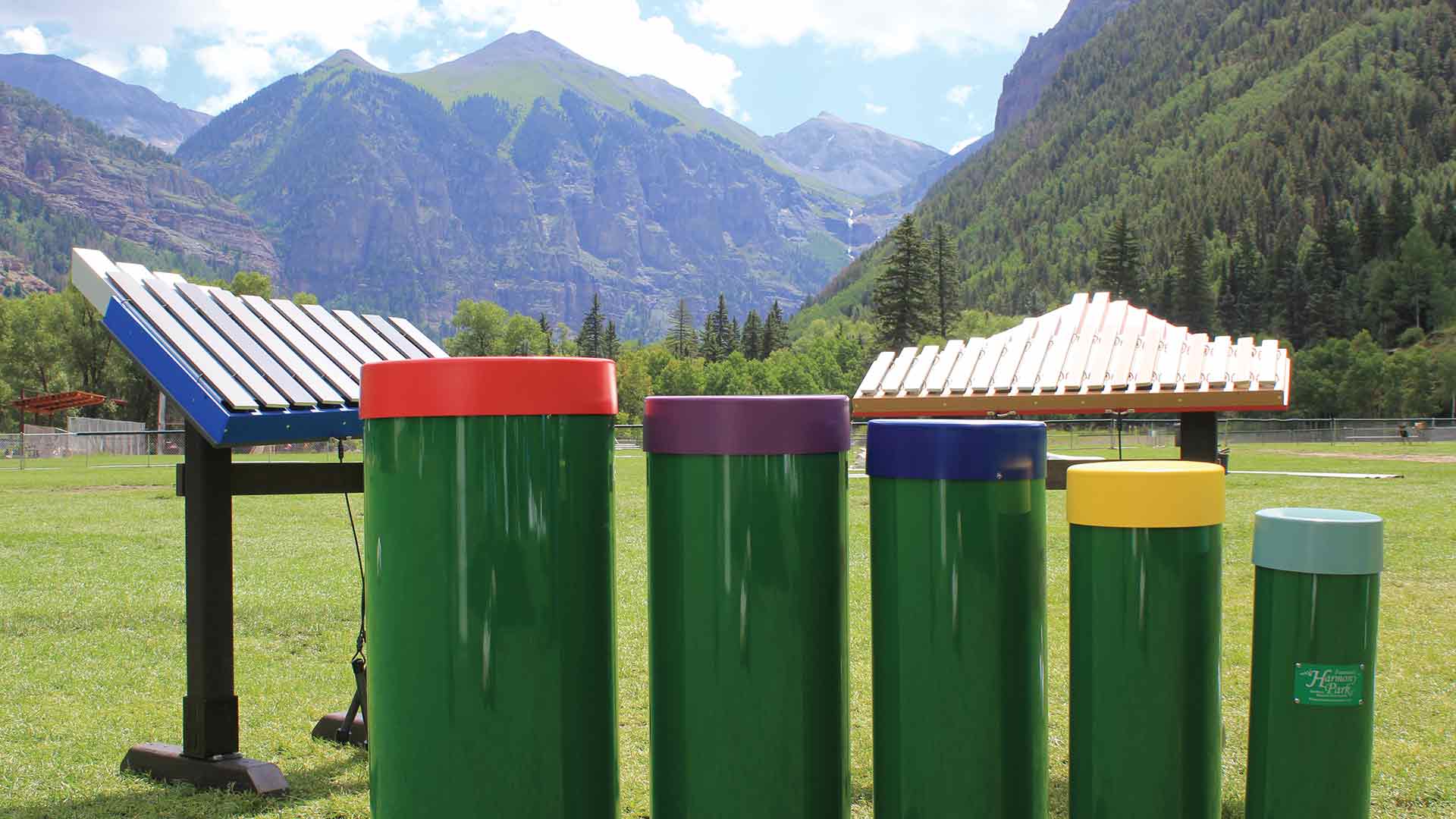
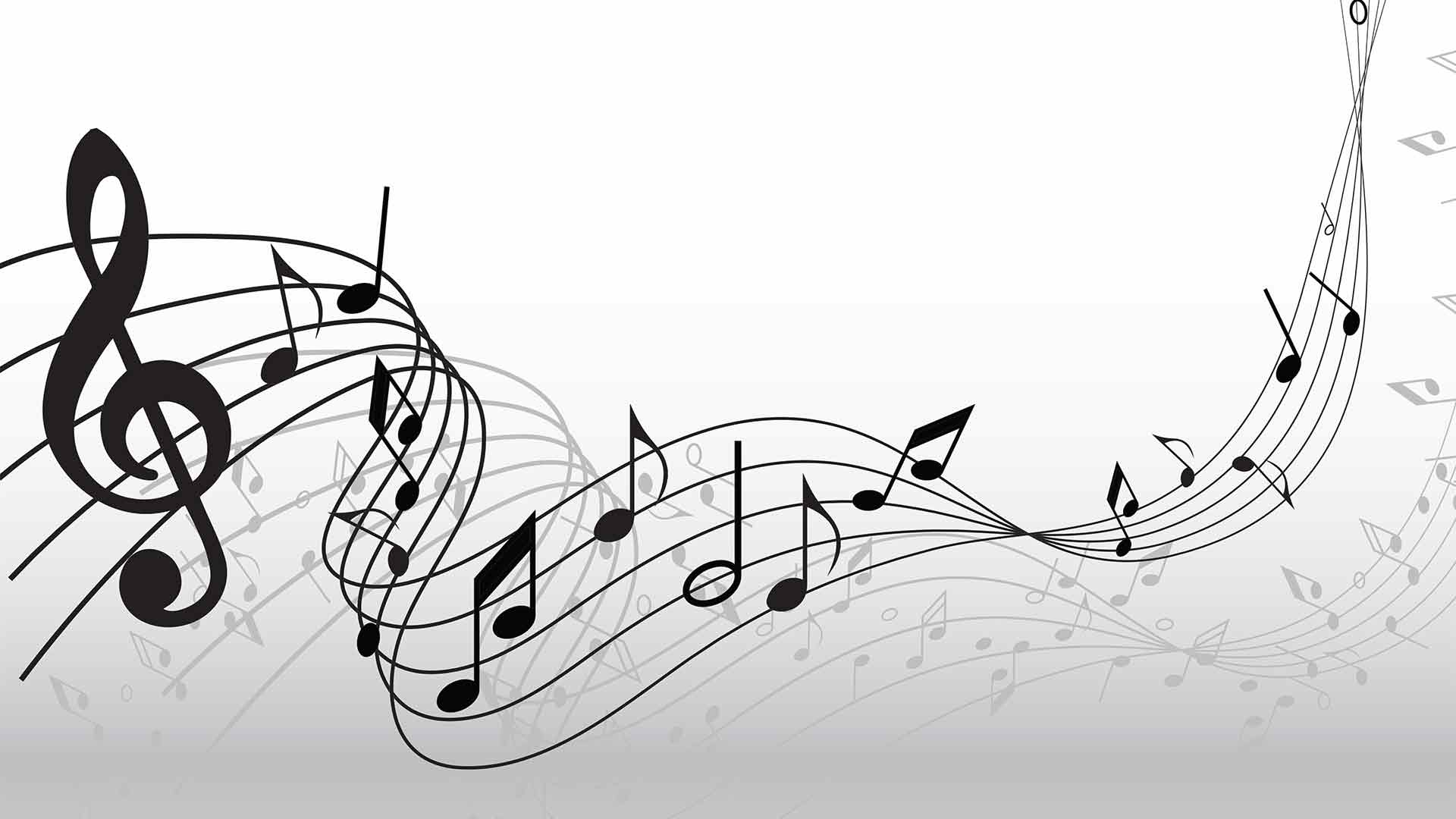
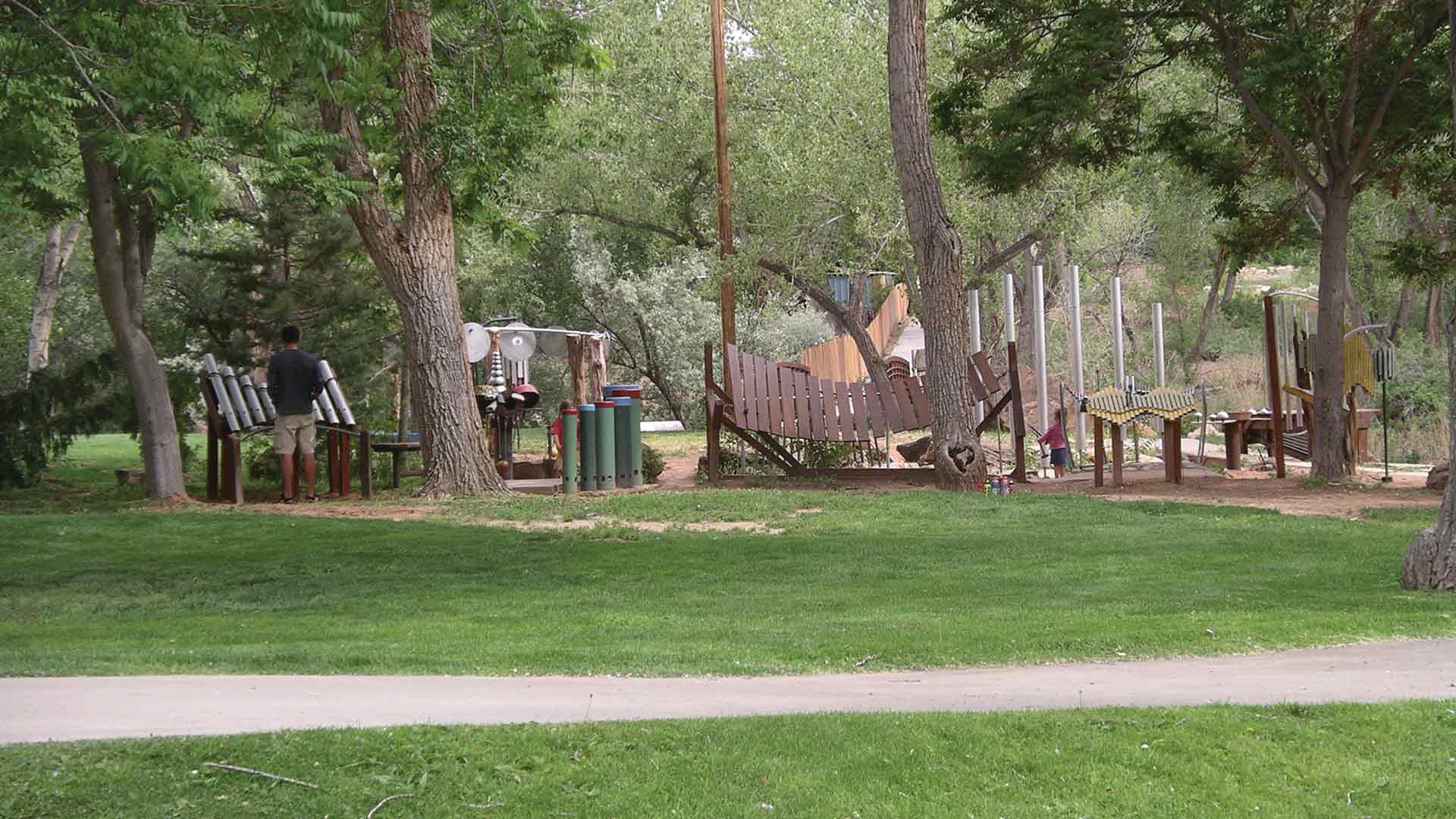

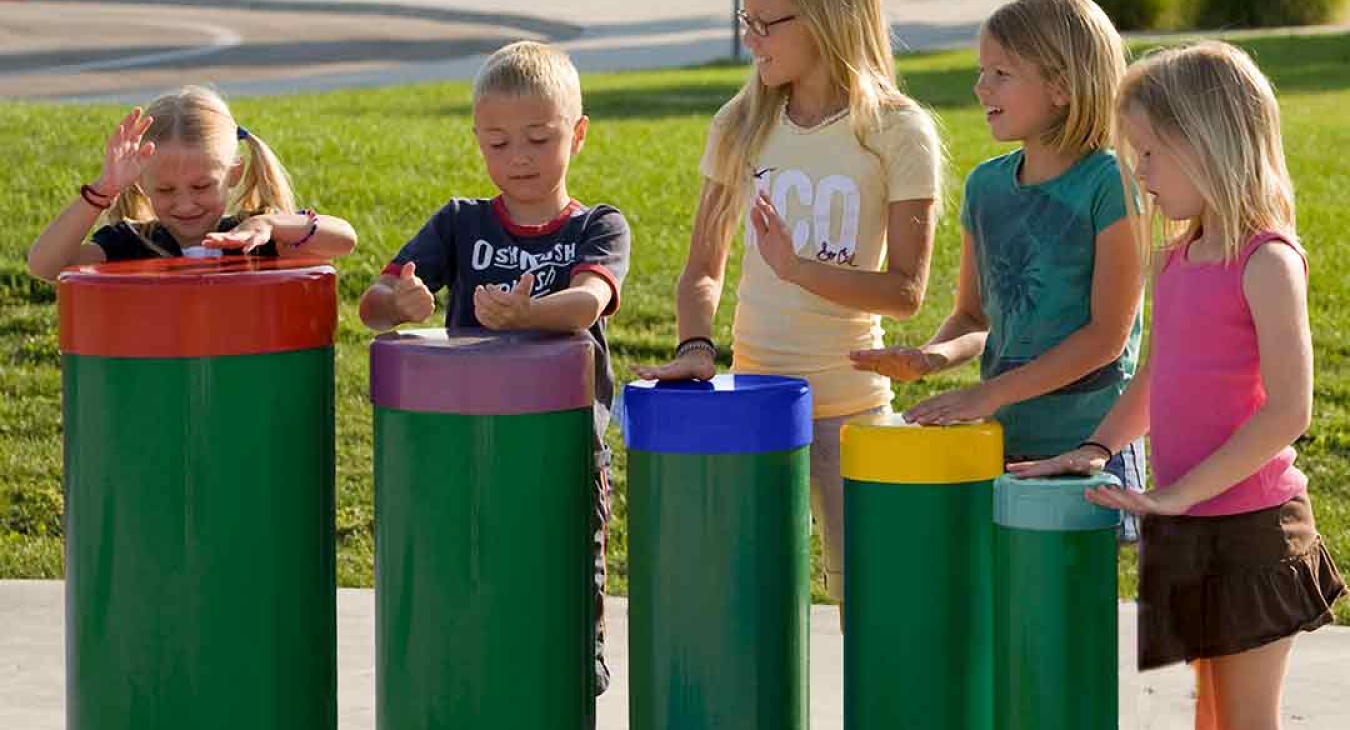
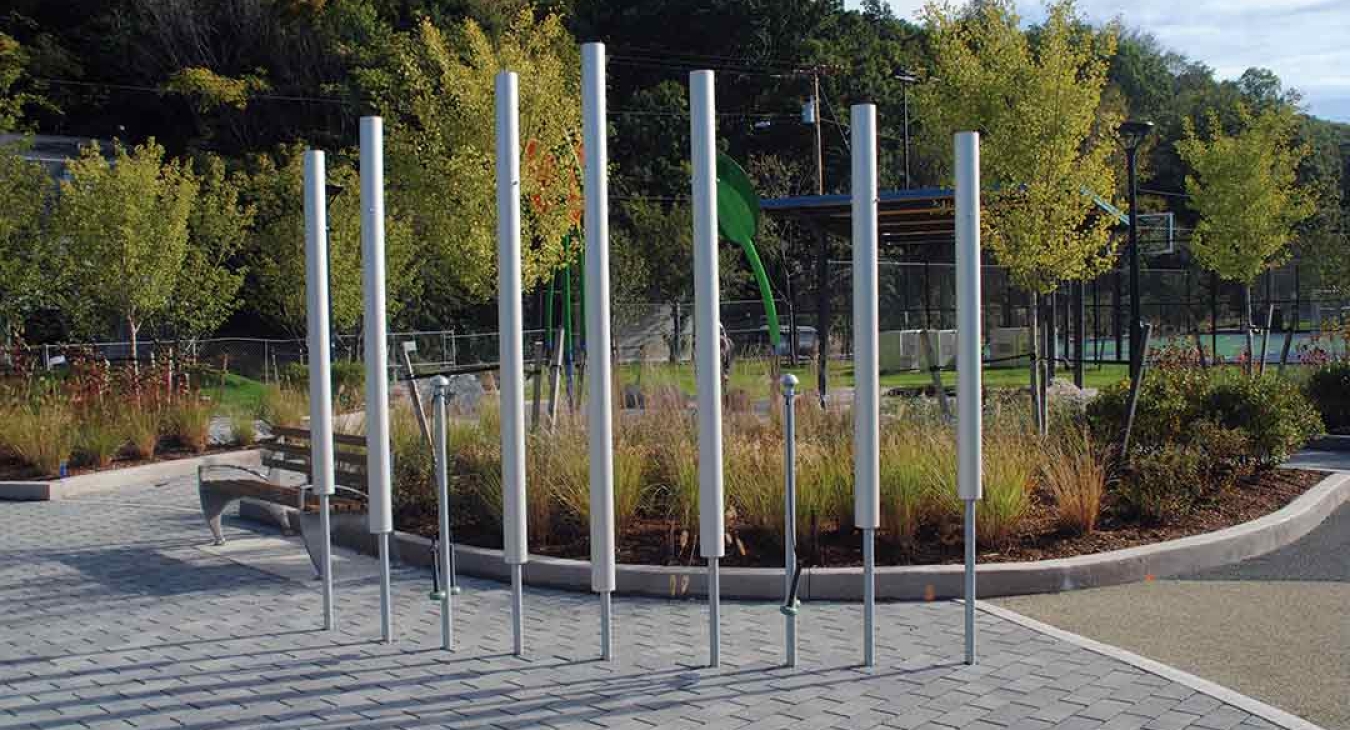
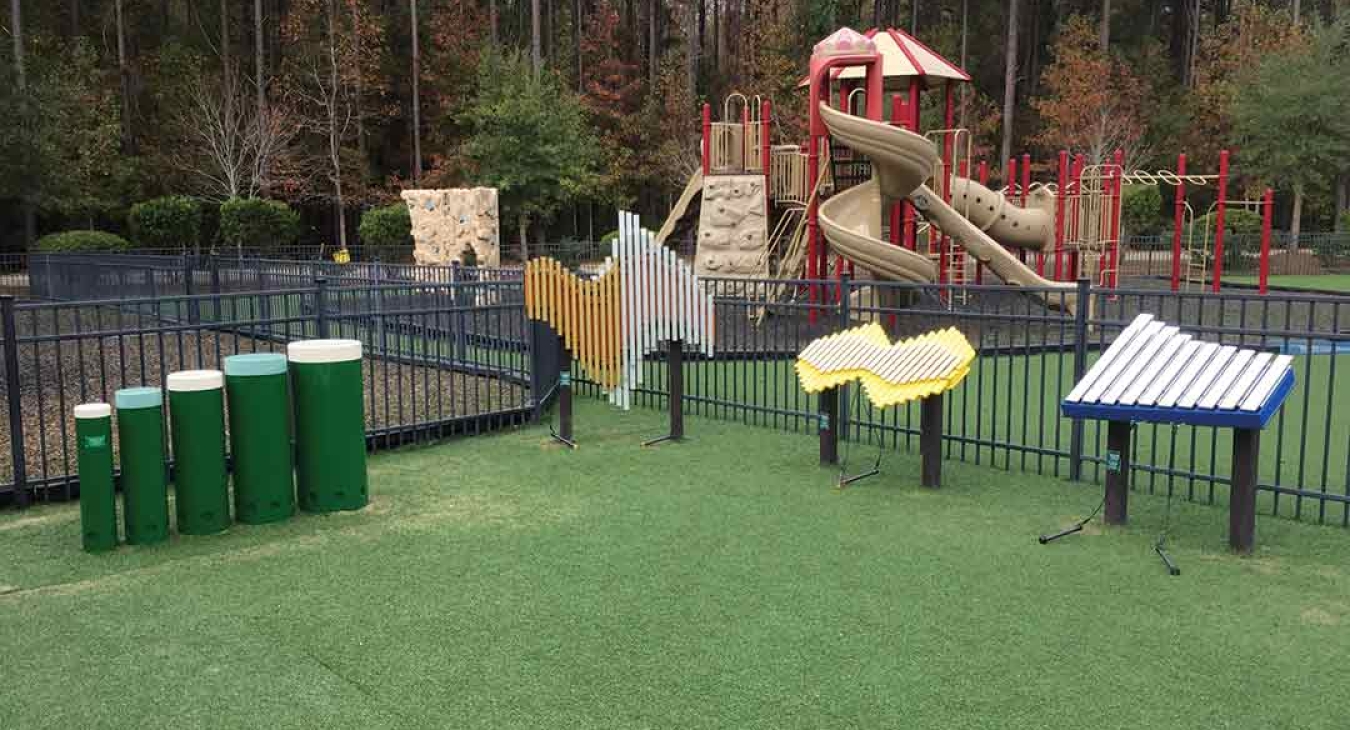
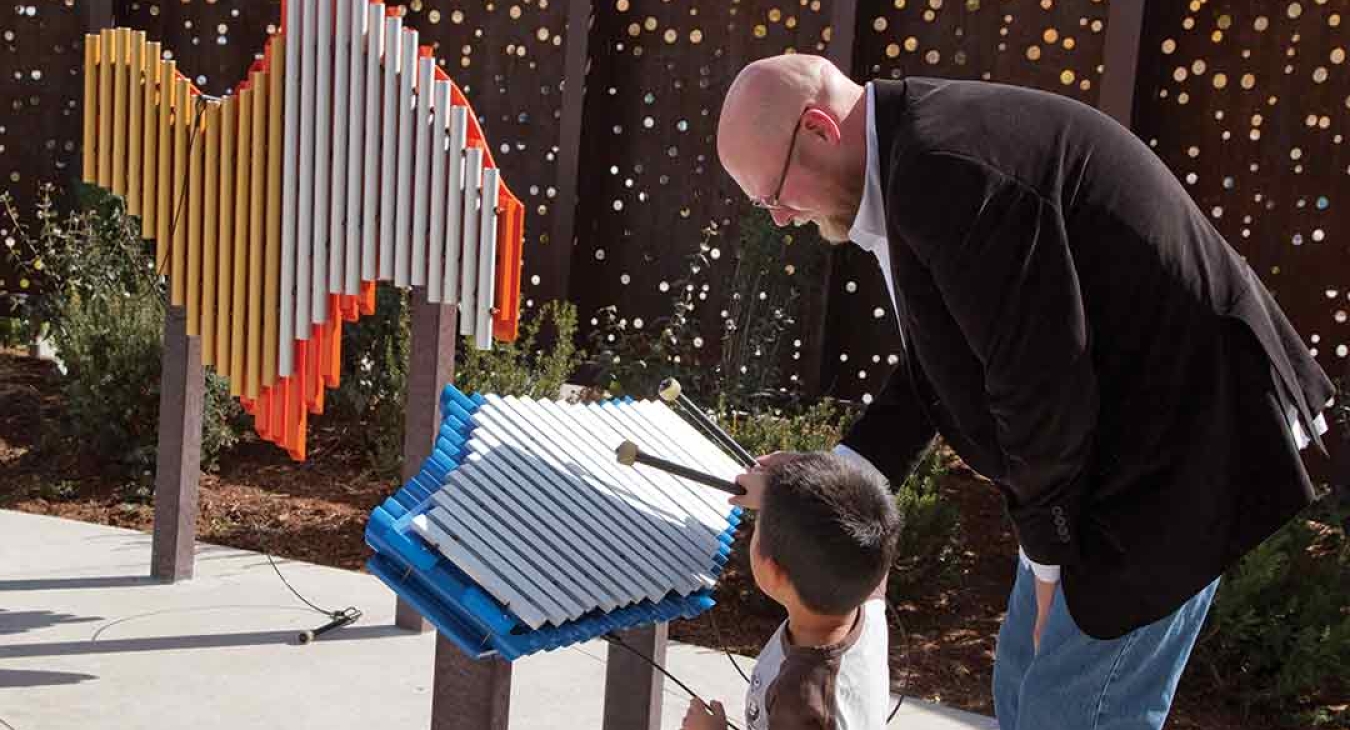
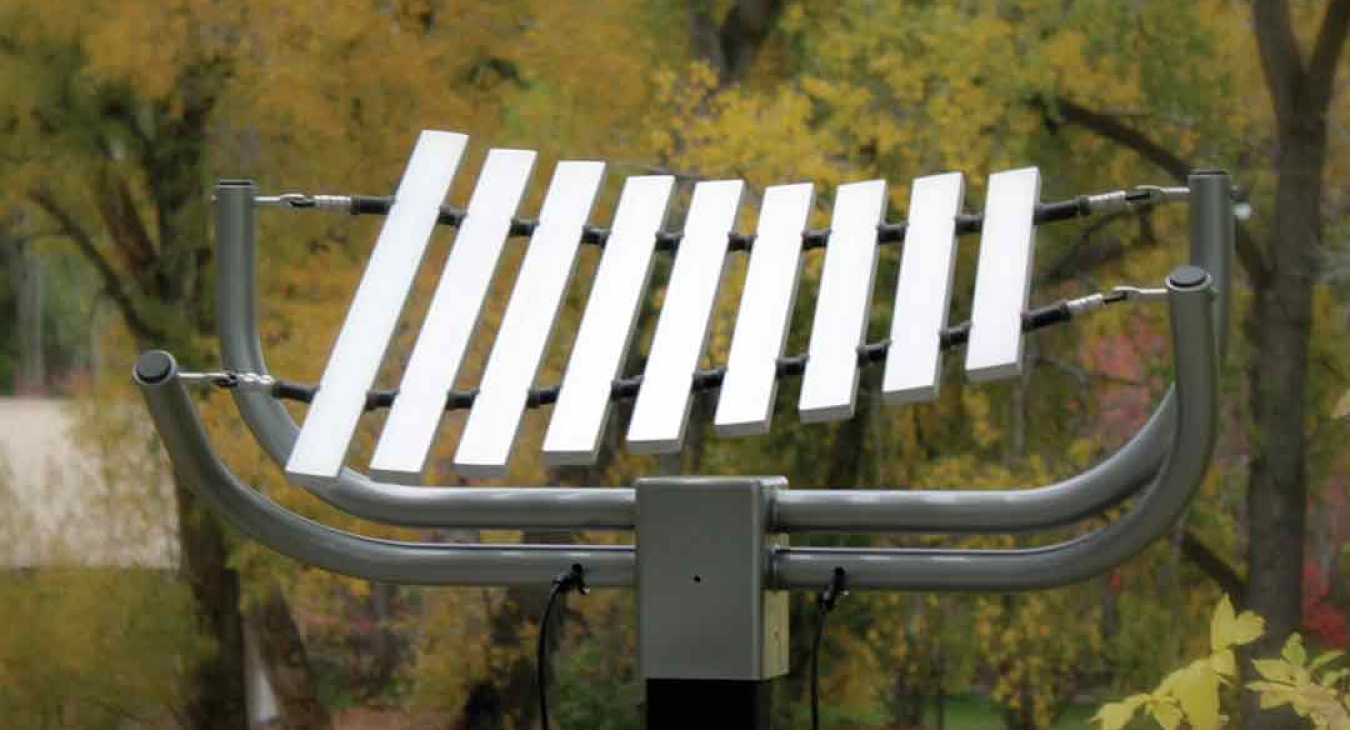
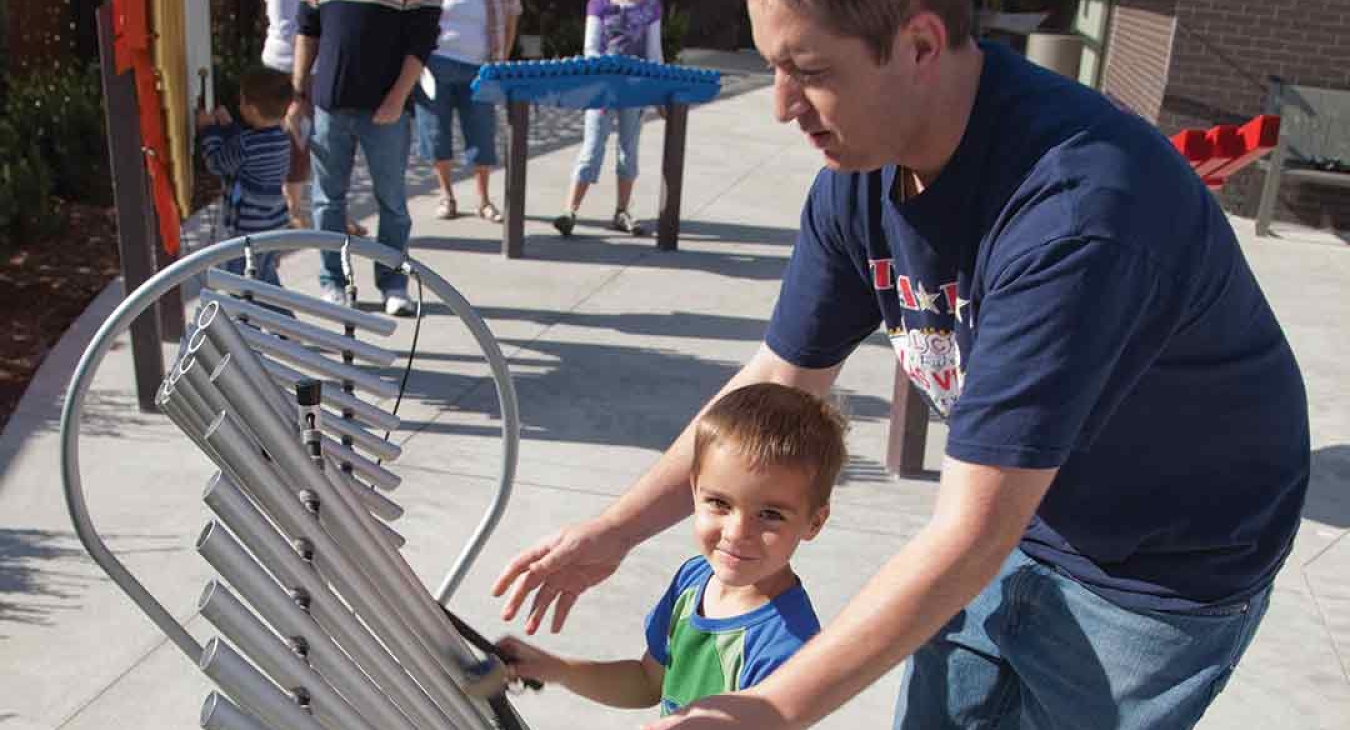
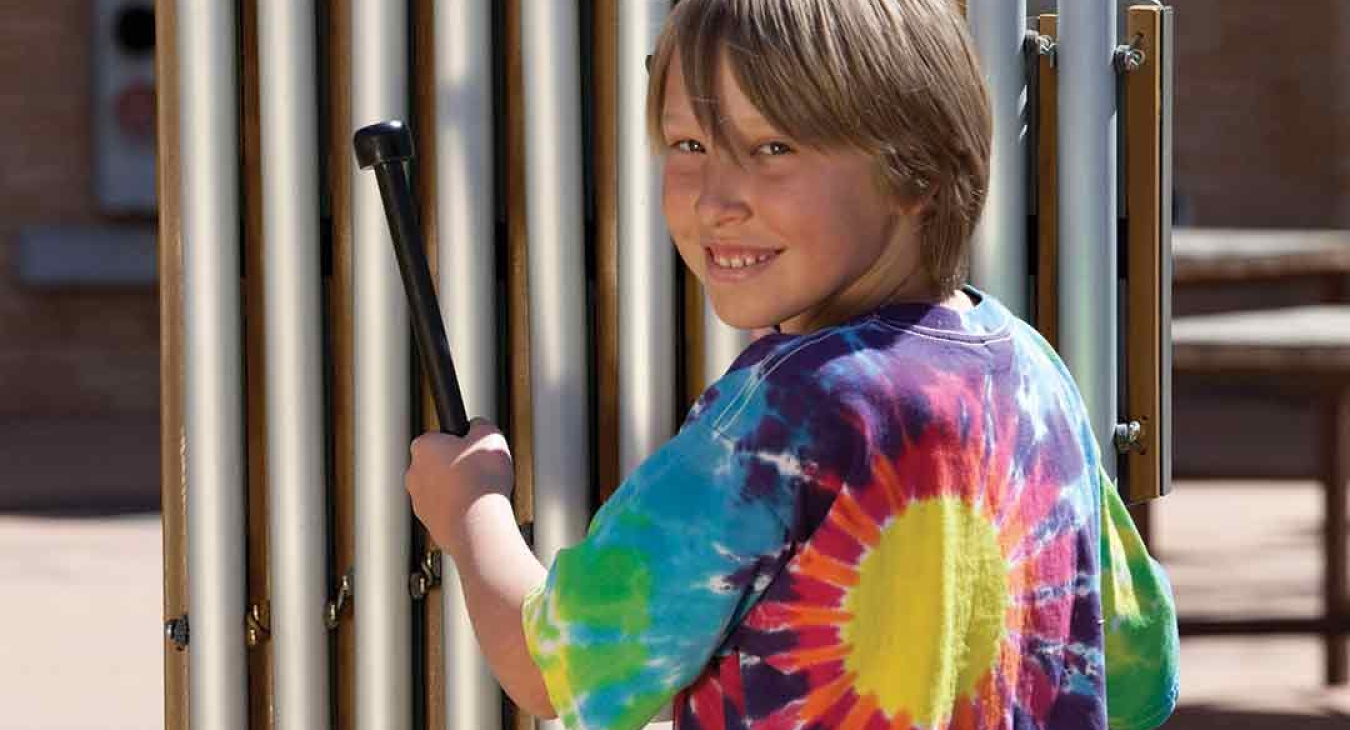
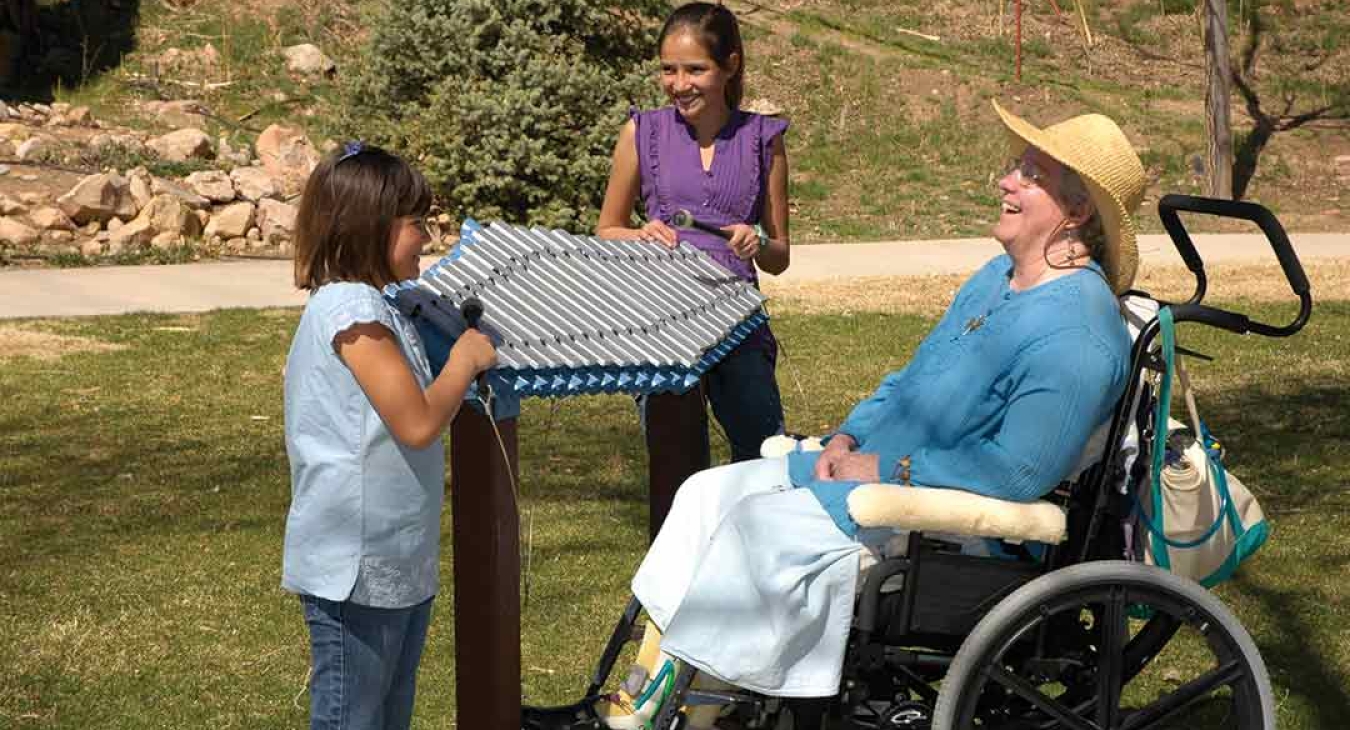
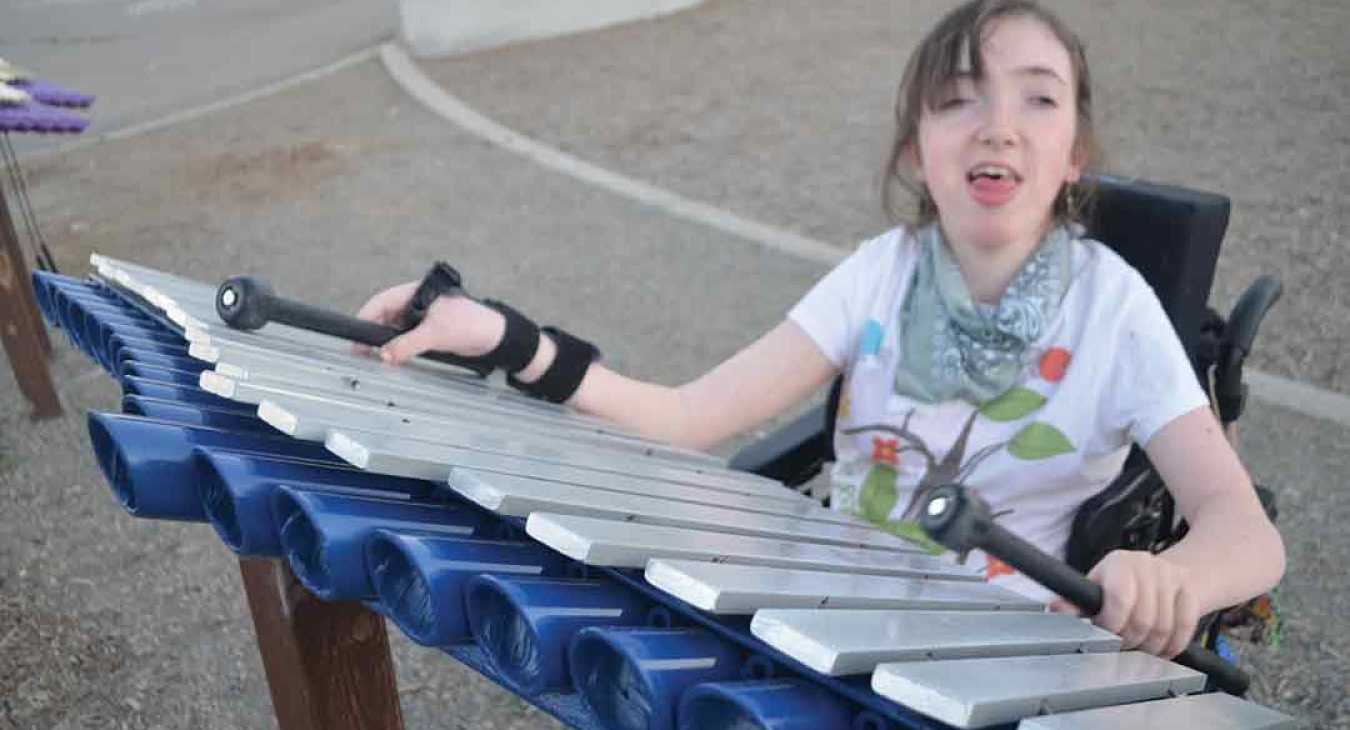
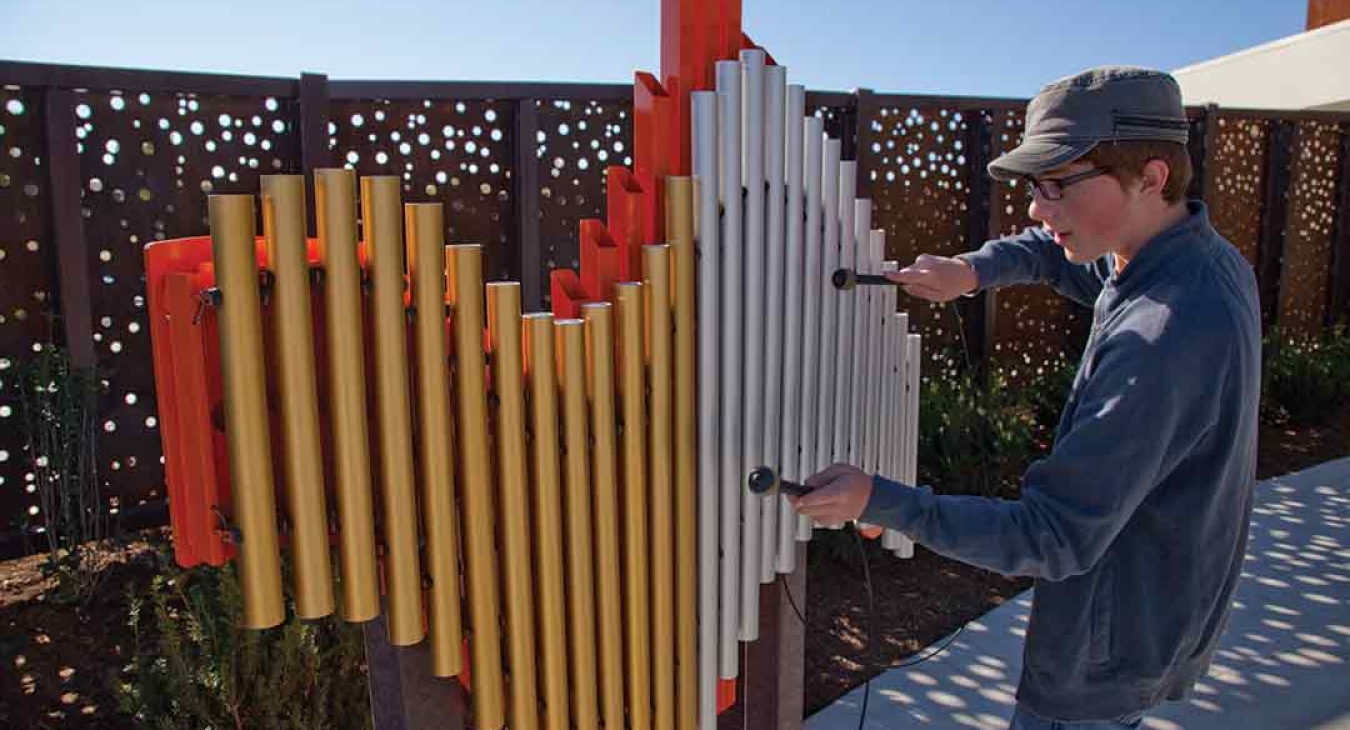
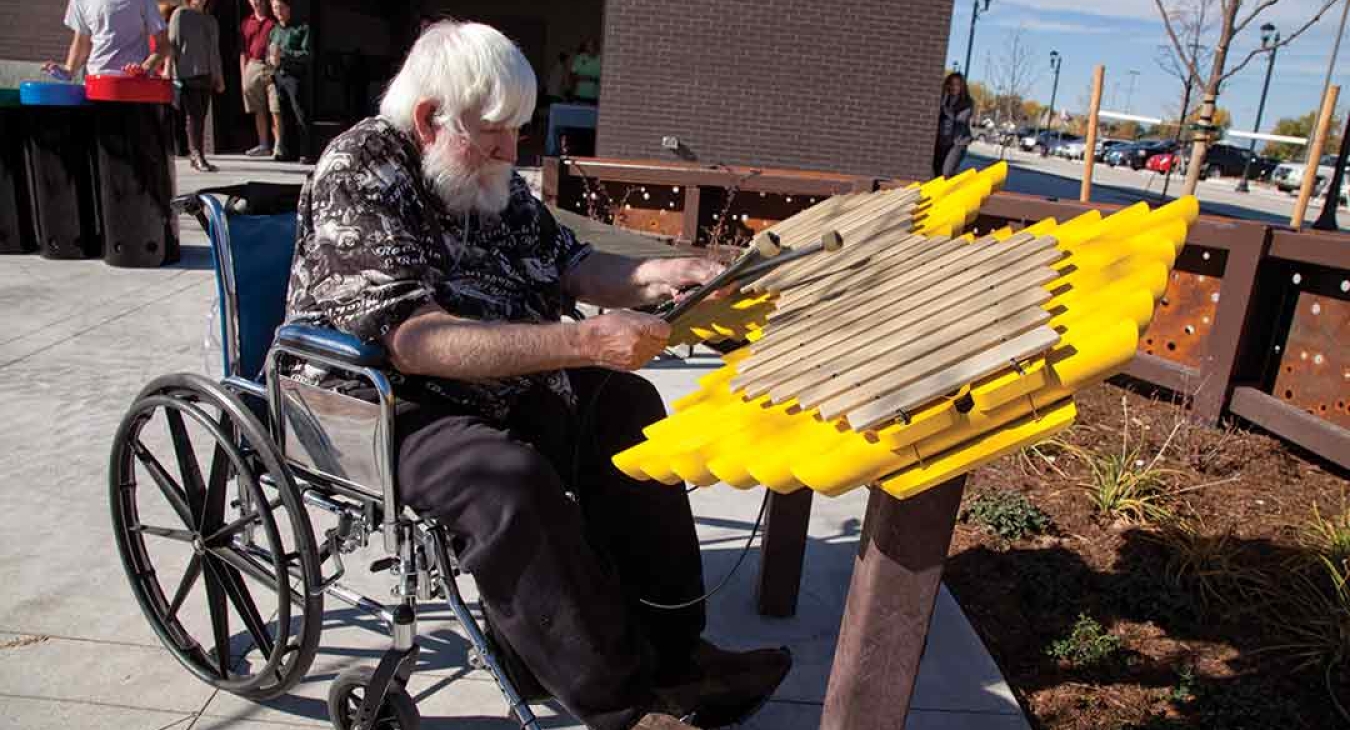
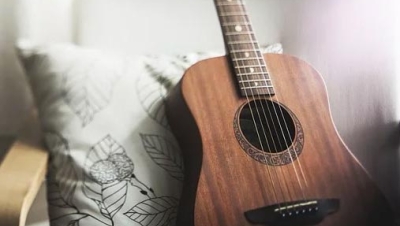

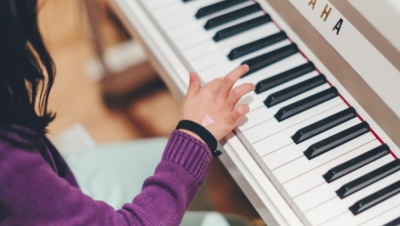
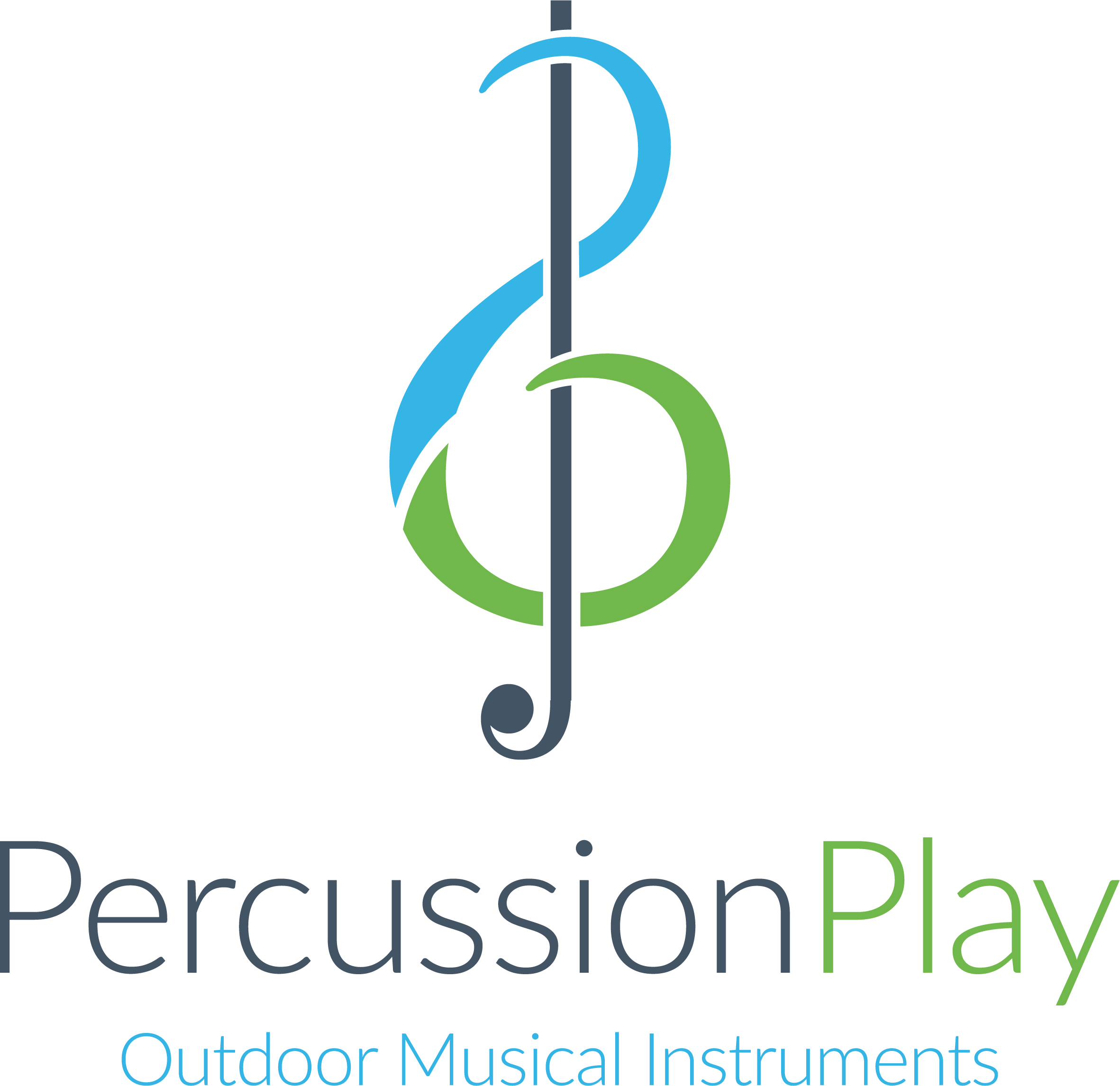
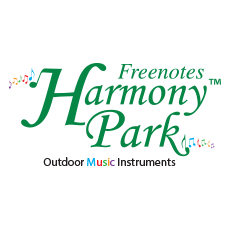
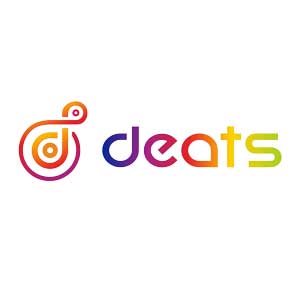
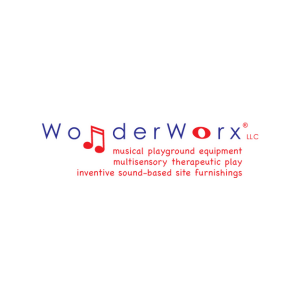
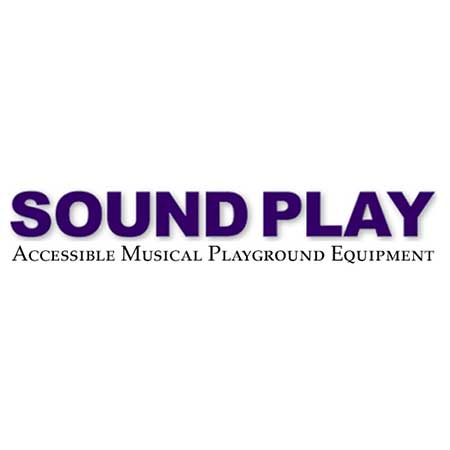
Hello, Hillary! This
Hello, Hillary! This playground was created by Freenotes Harmony Park, and you can find their info in the Professional Spotlight Directory here. I'm sure they will be happy to talk with you about this project.
musical park
I would like more information about this park. Where it's located, the funding for it, the promotion of it etc. We are trying to accomplish something similar in my hometown of Laurel, MS. I hope this is something you do not mind sharing. My email address is [email protected]. My name is Hillary and I am a member of Leadership Jones County. The park we wish to add music to is named for an Opera singer, Leontyne Price, who is from Laurel.
Information on you music park
Hi looking for information on purchasing and building music park
[email protected]
Freenotes Harmony Park
Reach out to Freenotes Harnony Park: freenotesharmonypark.com
In reply to Information on you music park by Jaclyn Smith (not verified)
Add new comment